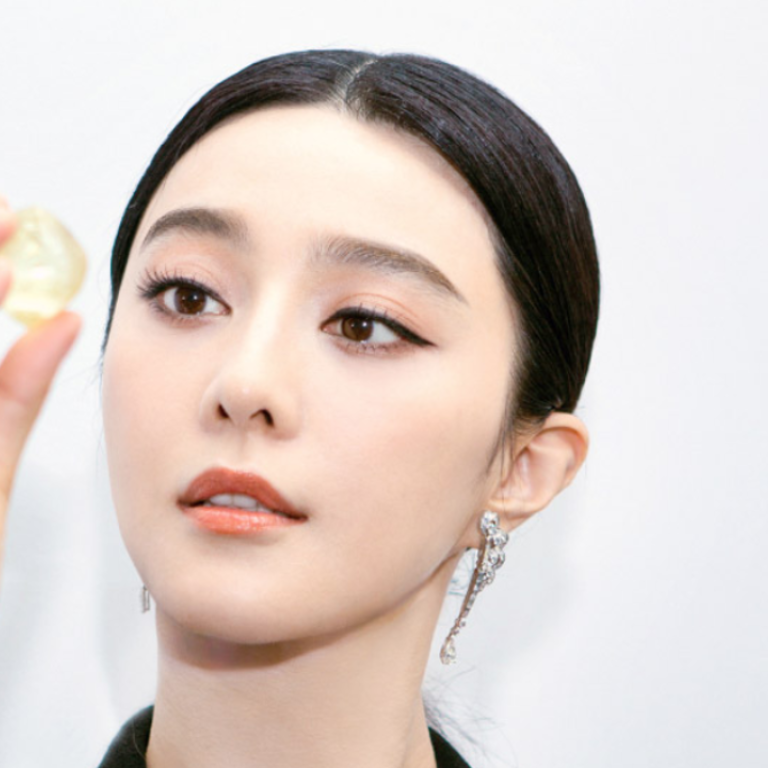Eternity or identity? What diamonds mean to Chinese millennials

Many Chinese women see diamonds as a symbol of financial independence, not marriage
Millennials are big buyers of diamonds. Aged 18-34, millennials from the United States, China, Japan and India contributed to 45 per cent of total retail sales, worth about US$26 billion, according to a 2015 De Beers report.
Chinese millennials are even bigger spenders. They account for 68 per cent of diamond sales in China, a number that is significantly higher than other markets.
Decoding diamonds
The diamond industry has developed a top-down approach to decoding millennials’ attitudes to diamonds to make the stones even more appealing.
The Diamond Producers Association, which represents the world’s seven biggest diamond mining companies, launched a marketing campaign in the US last November with the slogan “Real is Rare”. A voice-over in a short film from the campaign says, “Maybe we won’t ever get married, and maybe we will … but it will be wild, it will be kind, and it will be real.” The association is looking to expand the reach of the campaign to China in April this year.
Will this resonate with Chinese millennials? There are different societal and economic factors at play.
Commitment to independence
“A diamond is an investment for me. I bought it for the inherent value, but more importantly, it feels good to treat myself,” says Sheryl Li, 28, who works at a hedge fund in New York City. She put aside a small amount of her salary each month to purchase the diamond. For Li, diamonds don’t symbolise marriage, but the commitment to something else – her financial independence.